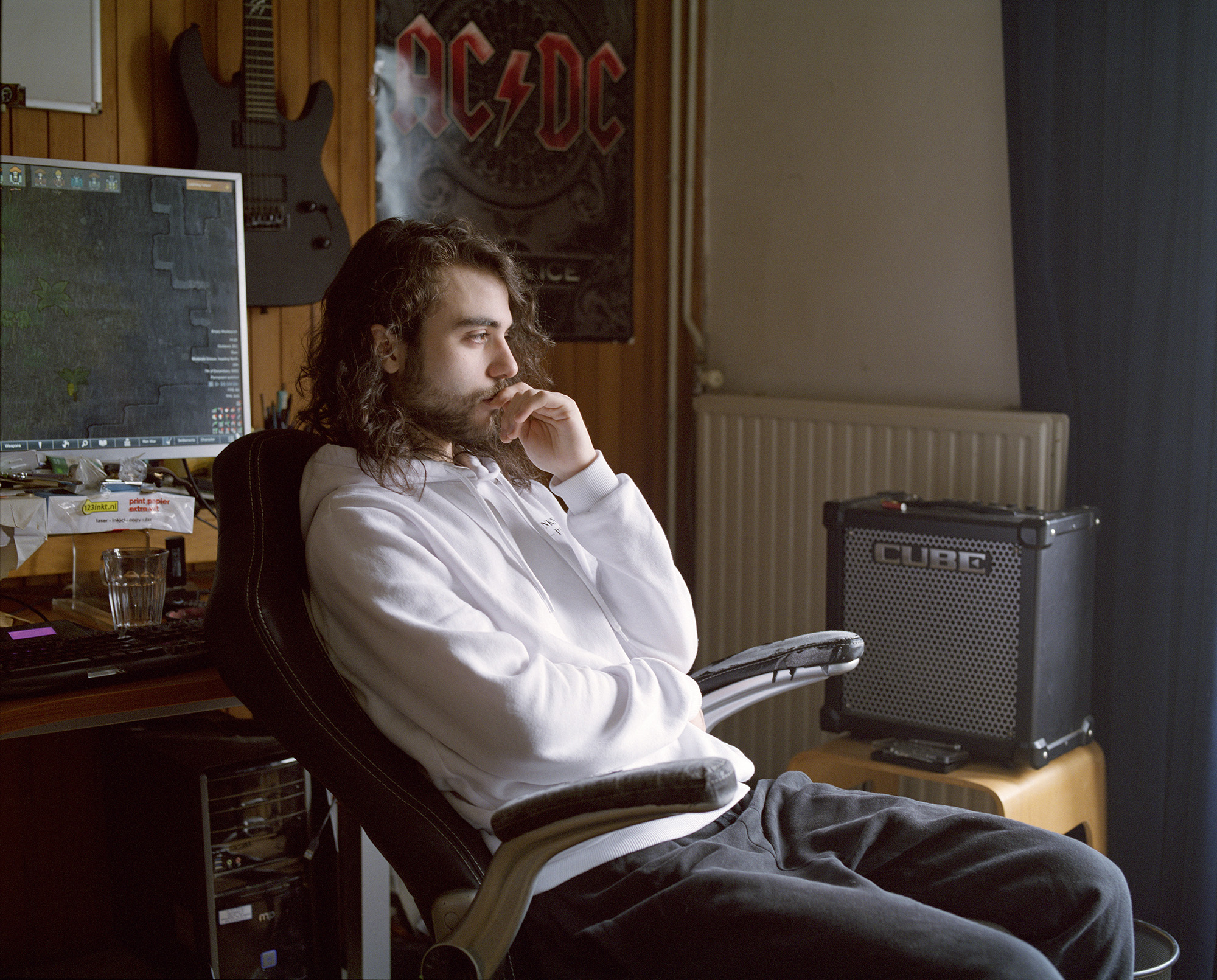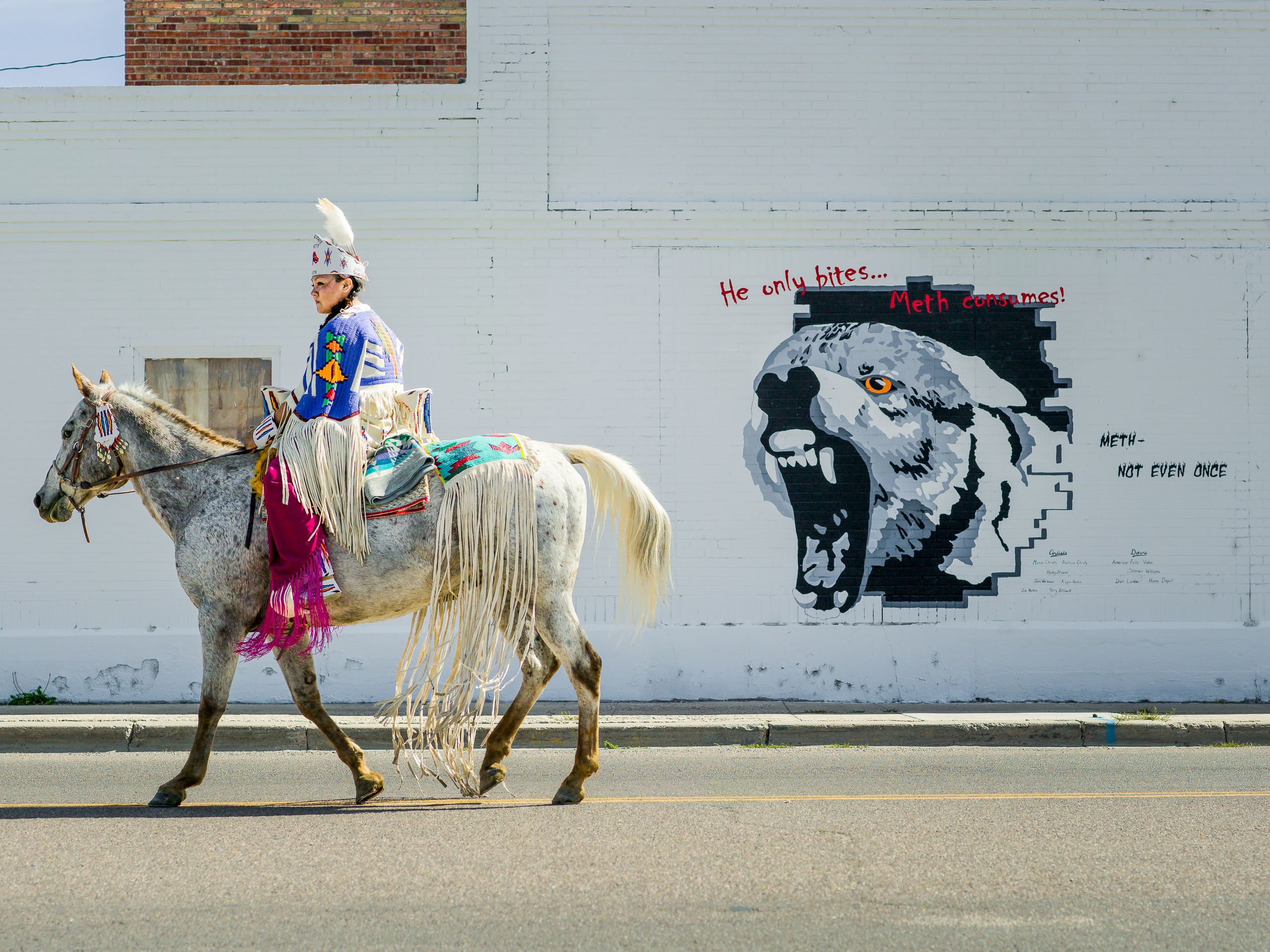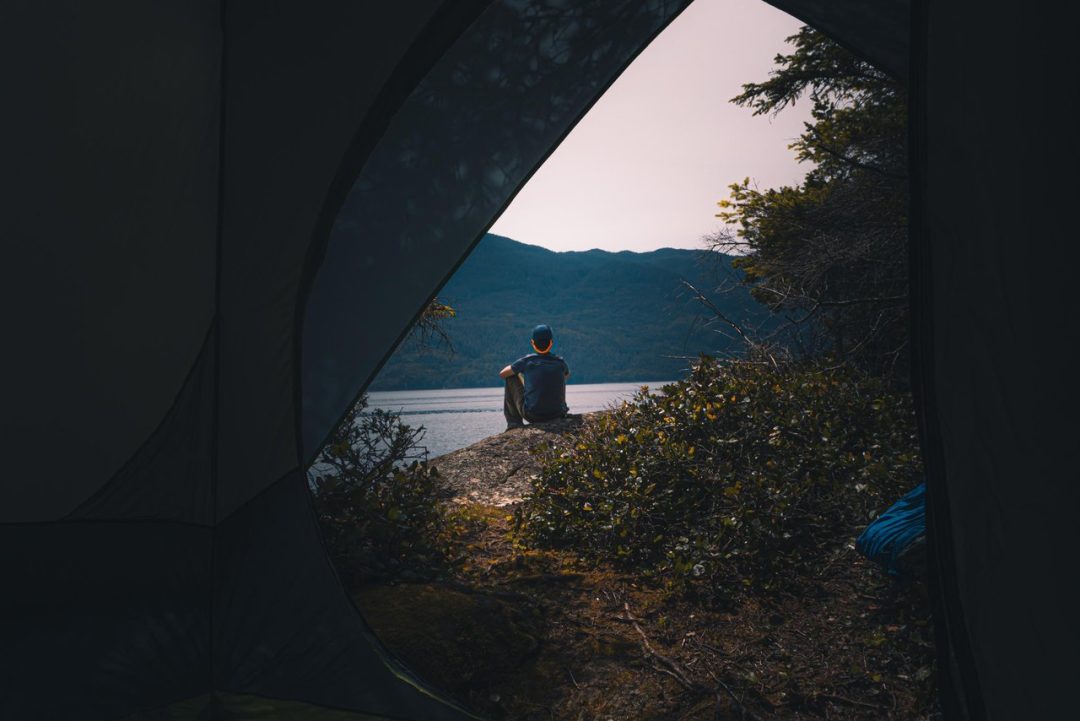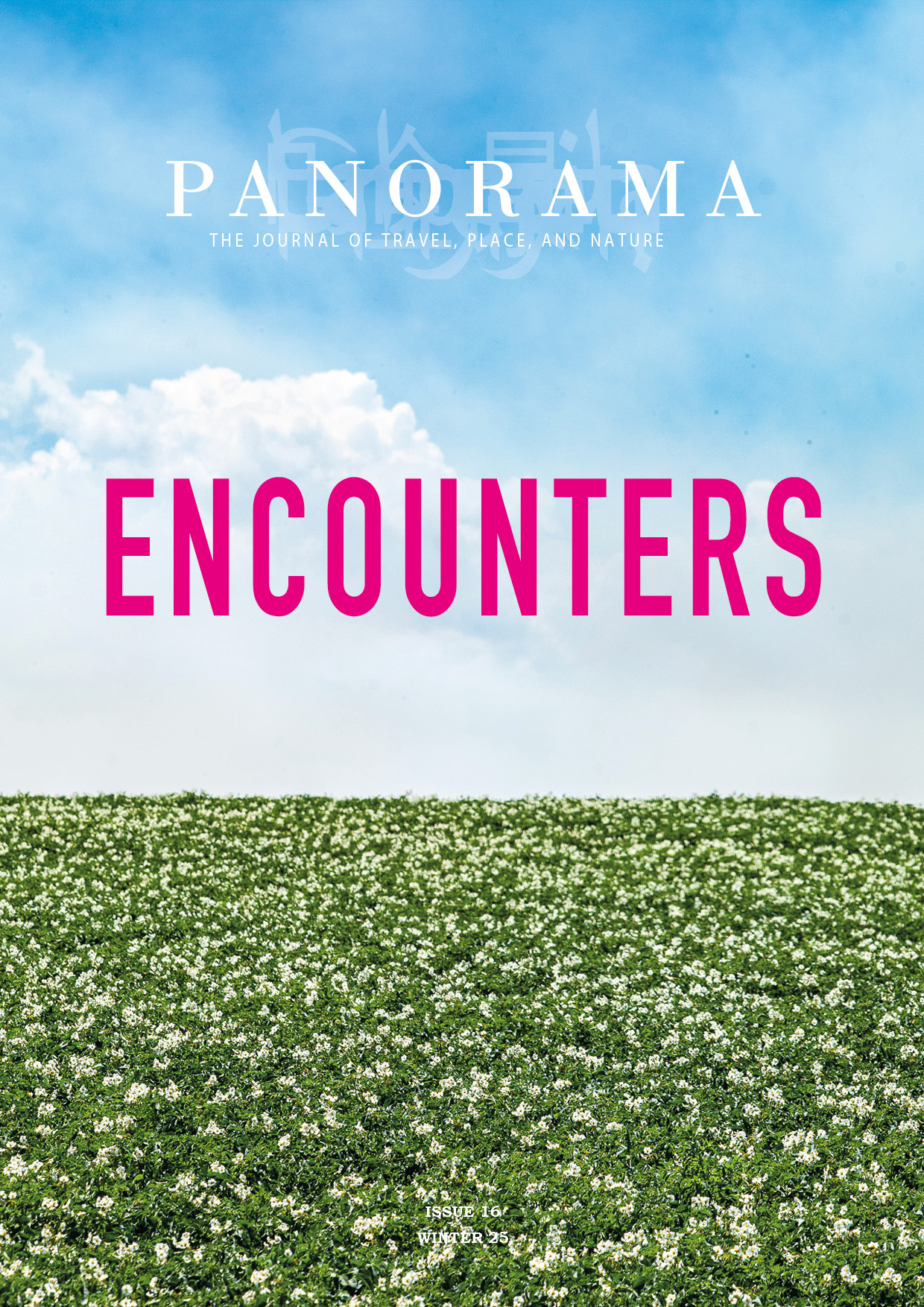
Image: © Steve Davis
Welcome to Panorama: The Journal of Travel, Place, and Nature’s 16th edition: Encounters.
— Matthew Webb, Director, Panorama


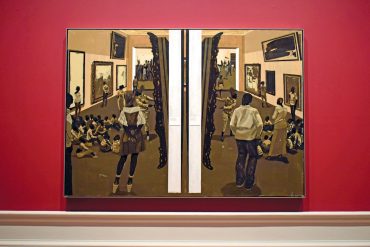


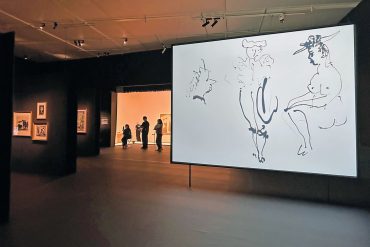
BOOKS
Gone: Encounters with Awe, Wonder and Reverence while Exploring the American West (Chapter 2)
Steven Law
USA
While our guides prepare breakfast in their rudimentary camp kitchen — their backs hunched against the cold wind — the rest of us gather in a line parallel to the shore, huddled around our warm mugs of coffee and cocoa and contemplate the wind-raw, Stygianesque sea before us.
NONFICTION
MEMOIR
EATEN
DECOLONISING TRAVEL
FICTION
TRAVEL FLASH
FLASH FICTION
HYBRID WORKS
POETRY
NEW NATURE WRITING
STREETVIEW
AUTHOR INTERVIEWS
An interview with Aotearoa New Zealand’s Tina Makereti
Alton Melvar M. Dapanas
Philippines
FOLIO
AUTHOR’S REFLECTIONS
AUTHORS
Read more about who is writing for Panorama. See bios of all contributors to the Encounters issue.

